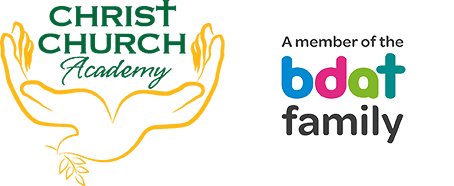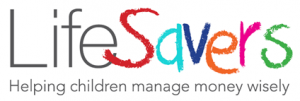At Christ Church Academy PHSCE is woven into all areas of the curriculum. We allso teach focused PHSCE lessons each week and cover areas of the PHSCE curriculum through our daily collective worship. We follow the PHSE Association programme of study. You can see what we teach by clicking the link below:
PSHE Association Programme of Study for PSHE Education (Key stages 1–5), Jan 2020 (1)
Personal, Social, Health and Economic (PHSE) is a school curriculum subject in England, which focuses on developing the knowledge, skills and attributes to keep children and Young People healthy and safe to prepare them for life and work.
We also teach the children financial awareness through the ‘Life Savers’ Scheme. This is a values-based financial literacy programme that gives children the knowledge, skills and attitudes to manage their money wisely. https://www.lifesavers.co.uk/
Our children learn about sustainability and world issues such as climate change and take part in projects with our partnership with Re-Think food https://www.rethinkfood.co.uk/
Children discuss British values such as democracy, individual liberty, Mutual respect and tolerance and diversity and the rule of Law. They also develop and understanding of E-safety and safety in the community through our work with the West Yorkshire Police.
In response to our changing society and the impact of the Internet, Government have introduced statutory Relationship Education to Primary Schools, these lessons are not new and have been delivered in good Primary Schools since the last guidance in 2000, however some of the content has now been updated to help keep children safer.
To teach these sessions within our PHSE/RSE Curriculum we engage the support of the specialist organisation Big Talk Education, who are a Social Enterprise recognised by national leading bodies and government. For more information about ‘Big Talk Education’ Please follow the link below.
https://www.bigtalkeducation.co.uk/
Once a year Big Talk Education deliver high quality sessions to all the children in CCA and offer additional support and materials to our parents on this subject.
What we teach and when:
From age three (nursery): Children should be taught the differences between boys and girls, naming body parts with the correct scientific words, what areas of the body are private, and the difference between good touches and bad touches.
Age four to six (reception – year 1): From this age children should be able to identify safe situations and those which may be risky, like other children or adults taking improper photographs of them. They should be able to identify trusted adults (both at home and school) who they can talk to if they feel worried. Within this age group they should understand about different types of families, including those with same sex parents. The emphasis being on all different types of families.
Age six to eight (year 2 – 3): Understanding the importance of boundaries within friendships and personal relationships is important, including online and through technologies such as mobile phones and games. They should know what films, programmes and online content they should and shouldn’t be watching, in addition who to tell, if someone encourages them to watch inappropriate content (this can be a grooming tactic).
Age eight to nine (year 4): By this age children need to be taught about the emotional and physical changes of growing up, coping strategies for different emotions, as well as looking after their bodies and the onset of puberty. We find that some girls may even be starting their periods in year 4, so it is critical that they have this knowledge at this age. We also recommend giving a gentle introduction to reproduction, this is the point at which we find we are able to tell children before they have received a muddled version from an older sibling or peers who may have been looking online for the definition of “sex”.
Whilst some parents and teachers may question this age, it is important to know that ‘sex’ is spoken and sung about, widely in the media including in pop music aimed at children (e.g. Little Mix). If children type this simple word into the internet to find out what it means they will be presented with graphic and often disturbing images, so it is better to educate the children in a gentle age appropriate manner, than to leave them hungry for information.
Age nine to 11 (year 5 – 6): At these ages it is important to review the previous information taught, as children tend to absorb and retain elements of the information when it is of relevance to them. So we allow children to ask more questions in these year groups, to ensure they understand what they have been taught and fill in any gaps in knowledge. They will often want more details on conception, how babies (including twins) develop and are born. Sometimes they ask how people can get germs from sex and how they can be prevented, or there may be curiosity about feelings or body image – each group is different.
Below is a link to our RSE policy:


